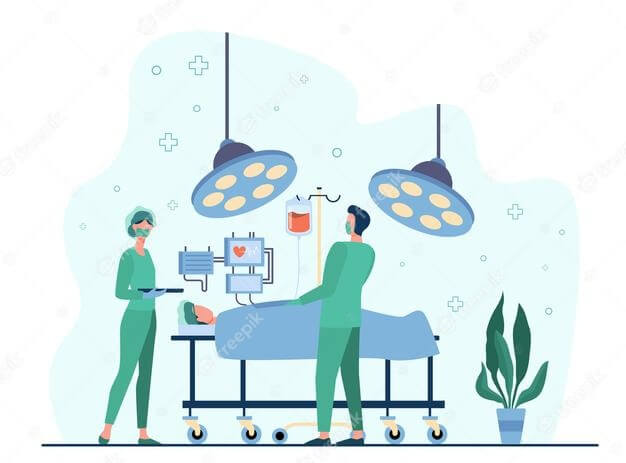
Ever since we were kids, from the moment we started to say our first few words here on Earth, asking questions has been a part of our life as humans.
“How do I grow taller and stronger?” “Why do dogs bark?” “What makes the sky blue?” These are just some of the few things we’ve wondered when we were just starting to explore things.
As we grow older, we realize how important it is to ask questions—it is the very essence of life. And, of course, we want answers.
This is even truer when we want answers about ourselves, or let’s say our health. When we go to the doctor, we don’t go there for just anything. We visit them because we know that something is wrong and we want it treated.
Thus, we ask questions to the doctor and, of course, we know that the doctor does the same to us. Now, let’s tackle some of the things usually asked by patients to eye doctors during eye exams – especially when it sounds like cataract is the problem.
What is a cataract and how did I get it?
The reason behind someone developing a cataract mostly lies in old age as most patients diagnosed with this ranges from 55 and above. However, an eye injury, exposure to ultraviolet rays, high blood pressure, smoking, and diabetes are just some of the other factors that can result in cataract.
What are the signs and symptoms?
Night vision is also expected to be affected. And during the day, exposure to bright lights seems to worsen over time. Depending on the type of cataract, symptoms may also vary and it can develop at different rates in both eyes.
How is it treated?
Is there any other way to treat cataracts aside from surgery?
When do I need to have the surgery and what can I expect after it?
This is because you may experience some post-operative complications, like Posterior Capsule Opacification (PCO) or ‘secondary cataract’. If this were to occur, you will be required to undergo a YAG capsulotomy to treat the condition. This is a quick, painless laser procedure that clears the cloudiness by creating an opening in the back of the lens capsule, restoring your vision. It is typically performed in an outpatient setting, and recovery time is minimal, allowing you to resume normal activities soon after. Again, after this surgery, you will be required to have regular check-ups with your surgeon to ensure that everything is healing as it should.
So, there you have it! Some frequently asked questions about cataract surgery. We hope this has helped to answer some questions you may be having.